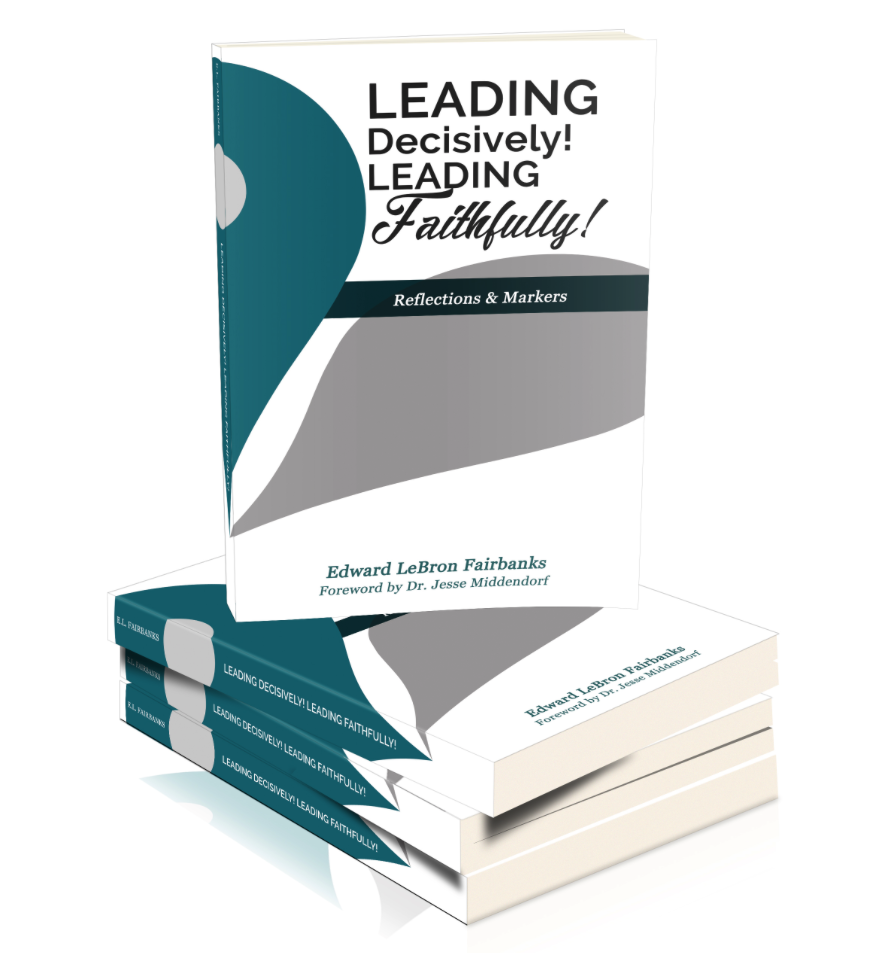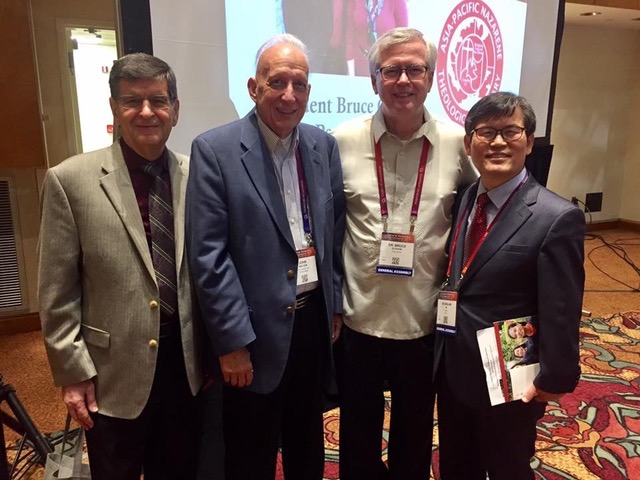Q: I have a hard time understanding why people of faith often downplay higher education. Why is that?
A: I have pondered this dilemma for 30-plus years of fulfilling my pastoral calling in Christian higher education. I wonder if we in higher education administration have taken the “people of faith” for granted and neglected to adequately communicate the mission, vision, and values of the higher education institutions we serve. At their best, Christian colleges, universities, and seminaries seek to prepare their students to care deeply, think biblically, work competently, witness faithfully, lead strategically, relate ethically, live gratefully, and study continually. At their best, Christian higher education institutions integrate academic scholarship and Christian service with biblical faith and spiritual formation.
Then why the disconnect and the distrust? I believe there are several answers:
1. Christians have difficulty wrapping their arms around the idea that there need not be conflict between the best in education and the best in Christian faith, between “diligent scholarship and vital piety.” The late John Allen Knight, general superintendent emeritus and president of two Nazarene universities, often stated that “holiness, missions, and education are the hallmarks of who we are.” He modeled the best in education and the best in Christian faith.
2. Some Christians who have received undergraduate and graduate degrees have “flaunted” their education, thereby violating the very Christian principles they were taught in the schools they attended. Shame on them! The “uneducated” feel intimidated by those who sense a need to “impress” the less educated with their knowledge. This immaturity hurts the witness of Christian higher education and raises suspicion regarding the education received by the immature graduate.
3. At times, good and godly Christians disagree over the vision and values of Christian leaders. Often, these leaders, trained in Christian higher education institutions, are so committed to where we should go and how we should get there that those who differ with them feel ignored, “put-down,” and passed by in the shaping of a new direction for the local church or Christian organization. Living together as the people of God is not a required course in our schools. Unfortunately, good ideas are often presented in not-so-good ways. In these times, we stand in need of forgiveness. With requirements imposed for certification and accreditation, schools cannot teach every course that will be needed in the real world of work, ministry, and worship.
It is true that some graduates of Christian higher education institutions do not represent the mission, vision, and values of their alma maters. On the other hand, stories reflecting the transforming experience of a Christ-centered education abound. I would be happy to share some of these stories!
When someone has a problem with persons whom they feel “abuse” their Christian education experience and misrepresent the Christian faith of the schools they attended, encourage them to talk with these individuals and share their questions. The concerned Christians may be surprised at the positive response they receive. Be open to their replies.
If someone has questions about a Christian higher education institution, encourage them to write to the school president. Be specific. Use names. Identify situations or courses in which the “disconnect” took place. If school policies and procedures have been violated, the school administrators will take appropriate action. And pray for the school administrators and faculty. I think they would also welcome notes of encouragement, or of concern.
The administrators and faculty with whom I have worked over the past 30 years are Spirit-filled Christians who teach in our higher education institutions out a profound sense of calling and mission. They bring a deep commitment to biblical principles, Christian values, and our theological traditions. The more you know them, the more you will appreciate them—even if you continue to disagree with them. Both of you will have grown in the process!
E. Lebron Fairbanks served as education commissioner for the Church of the Nazarene, was president of Mount Vernon Nazarene University, and has had roles around the world as an educator.
In each issue, a forum of pastors, laity, theologians, and church leaders respond to your questions on subjects such as doctrine, theology, Christian living, and the church. Send your questions to Holiness Today, Church of the Nazarene Global Ministry Center, 17001 Prairie Star Parkway, Lenexa, KS 66220; E-mail: holinesstoday@nazarene.org. The editor regrets that all questions cannot be printed, acknowledged, or answered.
Holiness Today, September/October 2011
———–
This is a reprint of an article from Holiness Today with the permission of the HT Managing Editor. Article can also be read HERE.






